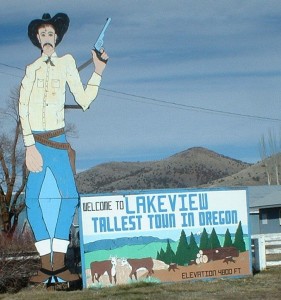Make a Local Food Feast for Valentine’s Day 
My Community Planning Workshop (CPW) team at the University of Oregon is collaborating on a project with the City of Eugene and Lane County to support the local food movement here in Lane County. Our project is the “Lane County Year-Round Regional Public Market and Food Hub Market Analysis”. My team is investigating if there are enough people buying or interested in buying local produce in Eugene and Springfield to support a potential year-round public market and food hub. A public market and food hub could boost the availability of local food by supporting small producers and distributors.
So what is a public market and a food hub, you ask? A public market is a permanent location where farmers, ranchers, and artists can directly sell their local and regional products. Public markets can also have additional amenities, such as cooking classes. There are many different models for food hubs and no two are exactly alike. A food hub could include a year-round public market with additional services like warehouse space for small producers and distribution infrastructure.
My team has been studying up on local food, talking to local professionals about local food, cooking and eating local food and we think it’s great! So with Valentine’s Day today, try something new! Try some local produce from one of Eugene and Springfield’s fantastic locations and rustle up a tasty treat!
Here are our top 5 reasons for supporting local food this Valentine’s Day (and every day) …
- It’s delicious!
There’s just nothing like chopping up some fresh veggies that were picked this morning and serving them up for dinner. You won’t believe how much better an Heirloom tomato straight from the farmers’ market tastes! - It’s nutritious!
Food loses much of its nutritional value as it is transported, frozen or processed. Eating local food helps cut out these steps and gets the taste and the nutrition directly from the farm to your plate. - It supports local jobs!
Buying local helps create and sustain jobs in your local community. The money you spend in the local economy stays in the local economy. According to Willamette Farm and Food Coalition, a one percent increase in local food purchasing results in $11.7 million staying in our local economy instead of going elsewhere. - It builds community!
Heading down to the local farmers’ market is often so much more than purchasing some fresh, local produce. You can check out a band, grab some samples and maybe even a cheeky micro-brew. Making food an experience not just a transaction is an important part of building community. - It’s good for the environment!
In the U.S. today the average carrot, grain or steak that hits your plate has traveled over 1,500 miles to get there. By buying locally you can cut down on the greenhouse gas emissions that are produced by transporting food so far. And local food doesn’t just mean close to home, it means it’s grown in a more sustainable way in general – so less pesticides, less chemical fertilizer and better land management practices.
 So buy local, eat local and love local!
So buy local, eat local and love local!
Happy Valentine’s Day!
 About the Author: Alex Macfarlan is a Master of Public Administration candidate at the University of Oregon. He’s originally from Sydney, Australia and has worked for the past two years with a food hub in Guatemala. Alex has a big veggie garden at his home in Eugene and loves growing food.
About the Author: Alex Macfarlan is a Master of Public Administration candidate at the University of Oregon. He’s originally from Sydney, Australia and has worked for the past two years with a food hub in Guatemala. Alex has a big veggie garden at his home in Eugene and loves growing food.


